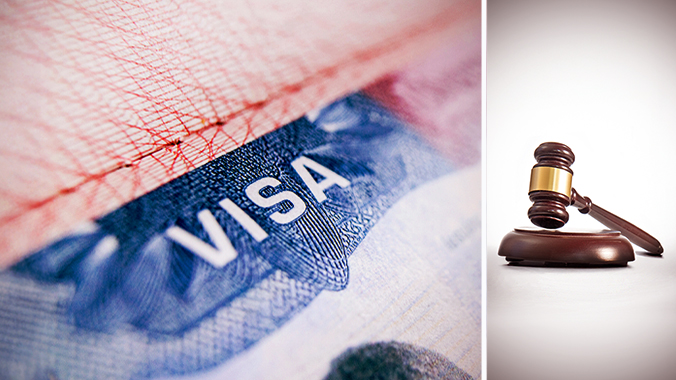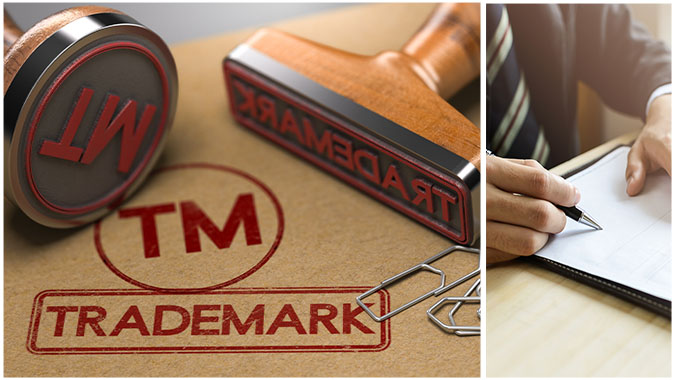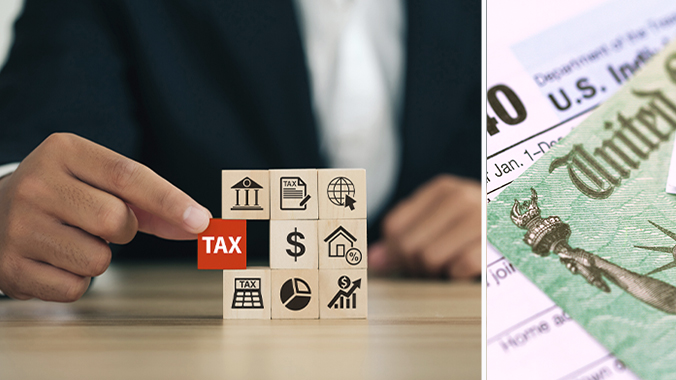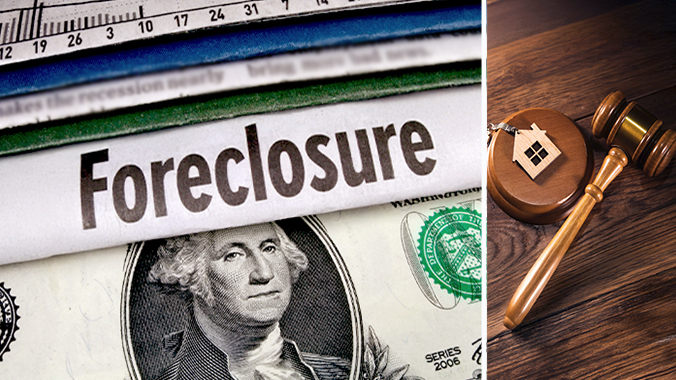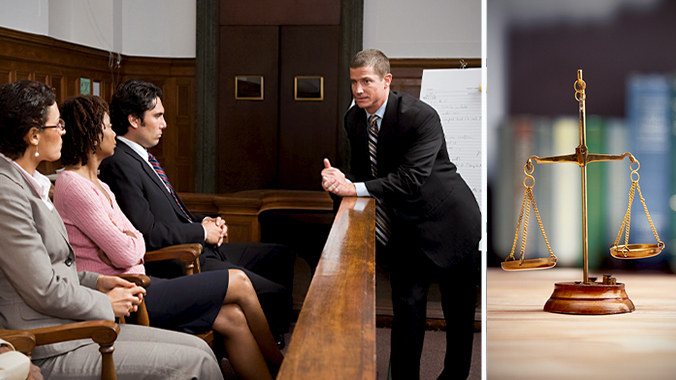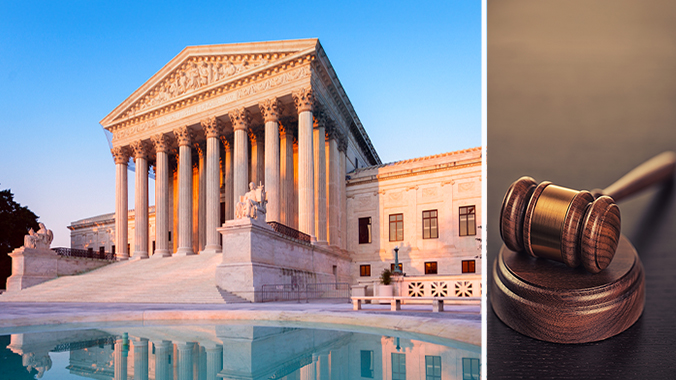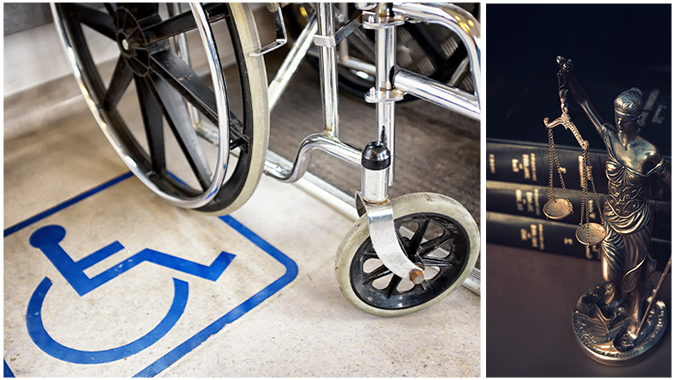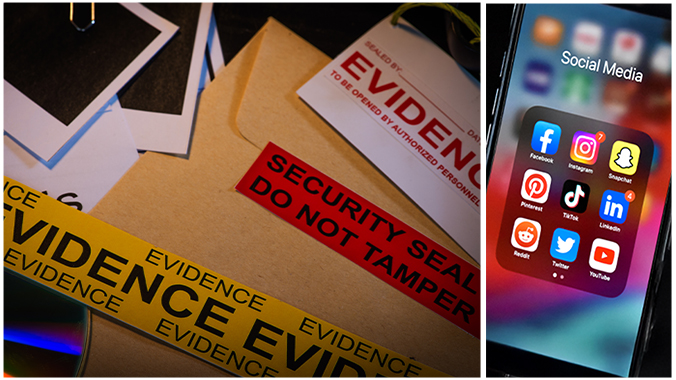The First Amendment and Digital Platforms: Insights from the Moody Decision

Aaron litigates free speech, anonymity, privacy, government surveillance and transparency cases.

Molly Buckley is a Legal Fellow on EFF’s civil liberties team, where she works on free speech, privacy, censorship, and surveillance issues.
2 hour CLE
Tuition: $195.00
Get this course, plus over 1,000+ of live webinars.
Learn More
Training 5 or more people?
Sign-up for a law firm subscription plan and each attorney in the firm receives free access to all CLE Programs
Program Summary
The Supreme Court’s decision in NetChoice v. Moody affirmed that online social media services have a First Amendment right to decide what type of user-generated speech they will host. Although the decision rejected the belief by many state lawmakers that online services lack First Amendment rights to moderate their users’ speech, several questions about states’ ability to regulate content on social media remain.
This CLE will review the high court’s decision, explain what it means for First Amendment rights online, and identify the questions that remain both on remand and as lawmakers across the country continue to try to enact laws regulating free expression online.
Key topics to be discussed:
- Case background, state efforts to mandate hosting of certain online speech
- Supreme Court's key holdings
- Digital editorial freedom
- States can regulate social media
- Core holding is narrow, court only applies binding First Amendment analysis to services’ rights to compile and curate feeds of user-generated speech
- Court leaves open questions for future cases/regulations
- Cases proceed below, both cases are back (or will be soon) before district courts to conduct facial analysis required by Supreme Court
- What’s next?
![]() Closed-captioning available
Closed-captioning available
Speakers
 Aaron Mackey | Electronic Frontier Foundation
Aaron Mackey | Electronic Frontier Foundation
Aaron litigates free speech, anonymity, privacy, government surveillance and transparency cases. Before joining EFF in 2015, Aaron was in Washington, D.C. where he worked on speech, privacy, and freedom of information issues at the Reporters Committee for Freedom of the Press and the Institute for Public Representation at Georgetown Law.
Aaron graduated from Berkeley Law, where he worked for EFF while a student in the Samuelson Law, Technology & Public Policy Clinic. He also holds an LLM from Georgetown Law. Prior to law school, Aaron was a journalist at the Arizona Daily Star in Tucson, Arizona. He received his undergraduate degree in journalism and English from the University of Arizona, where he met his amazing wife, Ashley. They have two children.
 Molly Buckley | Electronic Frontier Foundation
Molly Buckley | Electronic Frontier Foundation
Molly Buckley is a Legal Fellow on EFF’s civil liberties team, where she works on free speech, privacy, censorship, and surveillance issues. During law school, Molly worked as an intern at EFF and at the Brennan Center for Justice’s Liberty and National Security program, and on disability and workers’ rights issues as a student attorney in UT’s Advanced Civil Rights and Transnational Workers’ Rights Clinics.
She was also Vice President of the Human Rights Law Society and a National Security Law Fellow with the Strauss Center for International Security and Law. Previously, Molly was a paralegal in the ACLU’s National Security Project, an elected bargaining representative of the ACLU Support Staff Union, and program assistant to the Social Science Research Council’s Anxieties of Democracy program. Molly holds a J.D. from the University of Texas School of Law and a B.A. in media studies and political science from Vassar College.
Agenda
I. Case background, state efforts to mandate hosting of certain online speech | 1:00pm – 1:15pm
II. Supreme Court’s key holdings | 1:15pm – 1:30pm
- Online services have First Amendment right to moderate content, just as newspapers, parades, and art galleries enjoy right to decide what speech they print, exhibit, display
- That services have a First Amendment right to moderate user speech does not mean that they are beyond state regulation
- Cannot rule on the merits of plaintiffs’ facial challenges to the Texas, Florida law, and remands for further proceedings
III. Digital editorial freedom | 1:30pm – 1:45pm
- The policies and choices online services make regarding what user generated content is featured in feeds and how it is featured constituted protected editorial expression under the First Amendment
- This is a straightforward application of precedent recognizing the First Amendment rights of newspapers, parade organizers, and cable companies to decide what expression they will publish, feature, or distribute
IV. States can regulate social media | 1:45pm – 2:00pm
- Opinion is careful to note that while state laws at issue implicate services’ First Amendment rights, not all aspects of services are expressive, and states have wide leeway to regulate conduct and other aspects of services’ business.
- Including competition laws and consumer privacy
Break | 2:00pm – 2:10pm
V. Core holding is narrow, court only applies binding First Amendment analysis to services’ rights to compile and curate feeds of user-generated speech | 2:10pm – 2:25pm
VI. Court leaves open questions for future cases/regulations | 2:25pm – 2:40pm
- Are 100% automated feeds protected expression?
- Does the First Amendment apply to delivery/filtering of direct messages, scheduling an Uber, or deciding which users to offer email accounts?
- What if moderation is done by wholly automated means (lacking any human/corporate expression)?
VII. Cases proceed below, both cases are back (or will be soon) before district courts to conduct facial analysis required by Supreme Court | 2:40pm – 2:55pm
VIII. What’s next? | 2:55pm – 3:10pm
- States continue to enact laws that implicate First Amendment protected expression online
- Supreme Court to hear challenge to Texas law requiring sites with adult content to verify the ages of all users
- Multiple states have passed laws prohibiting minors from accessing social media without parental consent
Credits
Alaska
Approved for CLE Credits
2 General
Alabama
Approved for Self-Study Credits
2 General
Arkansas
Approved for CLE Credits
2 General
Arizona
Approved for CLE Credits
2 General
California
Approved for CLE Credits
2 General
Colorado
Pending CLE Approval
2 General
Connecticut
Approved for CLE Credits
2 General
District of Columbia
No MCLE Required
2 CLE Hours
Delaware
Pending CLE Approval
2 General
Florida
Approved via Attorney Submission
2.5 General Hours
Georgia
Approved for CLE Credits
2 General
Hawaii
Approved for CLE Credits
2.4 General
Iowa
Approved for Self-Study Credits
2 General
Idaho
Pending CLE Approval
2 General
Illinois
Approved for Self-Study Credits
2 General
Indiana
Approved For On-Demand Credits
2 General
Kansas
Pending CLE Approval
2 Substantive
Kentucky
Pending CLE Approval
2 General
Louisiana
Pending CLE Approval
2 General
Massachusetts
No MCLE Required
2 CLE Hours
Maryland
No MCLE Required
2 CLE Hours
Maine
Pending CLE Approval
2 General
Michigan
No MCLE Required
2 CLE Hours
Minnesota
Approved for Self-Study Credits
2 General
Missouri
Approved for CLE Credits
2.4 General
Mississippi
Pending CLE Approval
2 General
Montana
Pending CLE Approval
2 General
North Carolina
Pending CLE Approval
2 General
North Dakota
Approved for CLE Credits
2 General
Nebraska
Pending CLE Approval
2 General
New Hampshire
Approved for CLE Credits
120 General Minutes
New Jersey
Approved for CLE Credits
2.4 General
New Mexico
Approved for Self-Study Credits
2 General
Nevada
Approved for Self-Study Credits
2 General
New York
Approved for CLE Credits
2.4 General
Ohio
Approved for Self-Study Credits
2 General
Oklahoma
Pending CLE Approval
2.5 General
Oregon
Pending CLE Approval
2 General
Pennsylvania
Approved for Self-Study Credits
2 General
Rhode Island
Pending CLE Approval
2.5 General
South Carolina
Pending CLE Approval
2 General
South Dakota
No MCLE Required
2 CLE Hours
Tennessee
Approved for Self-Study Credits
2 General
Texas
Approved for CLE Credits
2 General
Utah
Pending CLE Approval
2 General
Virginia
Not Eligible
2 General Hours
Vermont
Approved for CLE Credits
2 General
Washington
Approved via Attorney Submission
2 Law & Legal Hours
Wisconsin
Approved for Self-Study Credits
2.4 General
West Virginia
Pending CLE Approval
2.4 General
Wyoming
Pending CLE Approval
2 General
#1 CLE Access Program
- Over 1,000 Live CLE Webinars each year
- All CLE webinars broadcasted in last 12 months
- Programs covering over 35 practice areas
- Hot topics & changes in the law
- All formats: Live, Replay, and On-demand
- Accreditation in every state
Access every CLE webinar,
every format, all year long!
myLawCLE All-Access Pass
only $395 yearly
Register Now
#1 CLE Access Program
- Over 1,000 Live CLE Webinars each year
- All CLE webinars broadcasted in last 12 months
- Programs covering over 35 practice areas
- Hot topics & changes in the law
- All formats: Live, Replay, and On-demand
- Accreditation in every state
Access every CLE webinar,
every format, all year long!
myLawCLE All-Access Pass
only $395 yearly
Preview
More CLE Webinars
Trending CLE Webinars







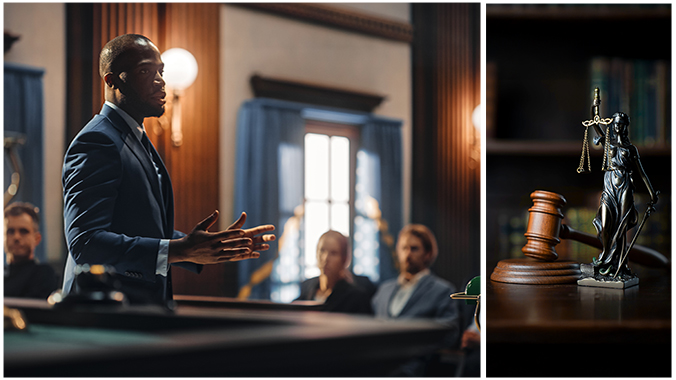

Upcoming CLE Webinars


